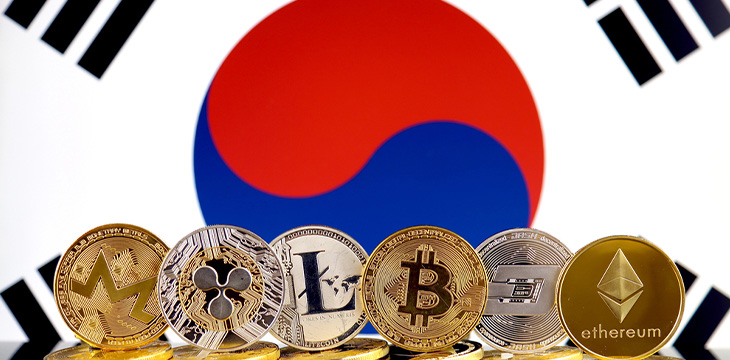|
Getting your Trinity Audio player ready...
|
South Korea’s first digital asset regulatory framework came into force, with the framework focusing on investor protection and mandates that exchanges keep at least 80% of user deposits in a cold wallet.
The Virtual Asset User Protection Act officially took effect on July 19 after spending a year baking in the legislative oven to refine its details. Previously, South Korea regulated digital asset activities through the Act on Reporting and Using Specified Financial Transaction Information, which was revised in March 2021 to introduce a requirement under which digital asset service providers were mandated to register with the financial authority.
However, after the scandal caused by the May 2022 Terra-Luna ecosystem collapse—South Korea is the country of origin of Terraform Labs, the company behind the now infamous stablecoin fiasco—the push for a new set of digital asset-tailored rules, focusing on ensuring safety nets for investors, was given renewed urgency.
After South Korean regulators finally delivered the long-anticipated rules on Friday, financial regulators now have the authority to supervise, inspect, and sanction virtual asset trading platforms, as well as enforce the new safeguard on users’ deposits and digital assets, and curb unfair trading practices such as price manipulation.
“As it becomes possible to bring severe penalties against those engaging in unfair trading activities, it is also expected to help establish a sound order in the virtual asset market,” the Financial Services Commission (FSC), the country’s top financial regulator, said in a statement.
“The FSC expects that the implementation of the Virtual Asset User Protection Act will establish a foundation to provide safe protection for users.”
In terms of the specific provision of the Virtual Asset User Protection Act:
- Digital asset firms must now monitor and report suspicious transactions;
- Service providers in South Korea are legally obligated to safe keep at least 80% of user digital asset deposits in cold storage, separate from their own funds;
- Exchanges must delegate the custody of users’ cash deposits to a licensed local bank and maintain digital asset reserves equal in amount and type to customer deposits;
- Digital asset service providers must maintain a surveillance system for suspicious transactions at all times and immediately report suspicious trading activities to the Financial Supervisory Service (FSS)—the financial regulator tasked with monitoring and enforcing the regulations, under the oversight of the FSC;
- And digital asset firms in South Korea need to be insured against liabilities resulting from hacking and other types of “network malfunctioning accidents,” or set aside a reserve fund to cover accidents.
Companies that do not abide by the new requirements or are found to have engaged in unfair trading activities may be subject to criminal punishment or penalty surcharge, said the FSC, adding that it is also “authorized to bring sanctions against rule-breakers by making corrective orders, issuing suspension of business operation, imposing administrative fines.”
Digital asset firms operating in South Korea would do well to pay heed to the new rules, as the FSC recently unveiled a 24-hour surveillance network with local exchanges that will screen for any suspicious activity in the digital asset market, which went live along with the new user protection law last week.
Going forward, the FSC said it planned “to continue to seek stronger cooperation with investigative authorities and actively seek improvements to make sure that the new law is effectively implemented.”
Watch: Calvin Ayre is all in on Metanet—the game-changing fusion of enterprise blockchain, AI & IPv6

 02-26-2026
02-26-2026 




